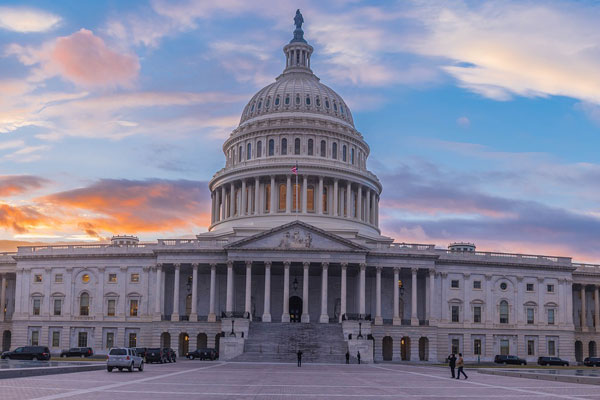If you export, you can expect to receive requests from prospective purchasers to comply with the Arab League Boycott of Israel or other boycotts not sanctioned by the US Government. It is important to handle such requests in a manner that fully comports with US antiboycott law and regulations, which can prove quite complex and needlessly confusing. This law firm has experience in:
- Boycott request reporting requirements;
- Filing requirements involving boycotting countries with the IRS;
- Properly responding to RFQs containing boycott requests;
- Dealing with small print boycott requests contained in letters of credit;
- US restrictions on primary, secondary and tertiary boycotts;
- The type of company and employee information that can legally be provided to boycotting countries;
- Antiboycott law implications for worldwide operations.
Failure to comply with antiboycott regulations can result in the imposition of heavy penalties, a situation that also prevails for violations of the Foreign Corrupt Practices Act (“FCPA”). It is important for companies operating overseas to put into effect an antiboycott and FCPA compliance program to prevent any such violations as may be perceived from occurring. We have substantial experience over the past twenty-eight years in structuring, implementing and monitoring such programs.





